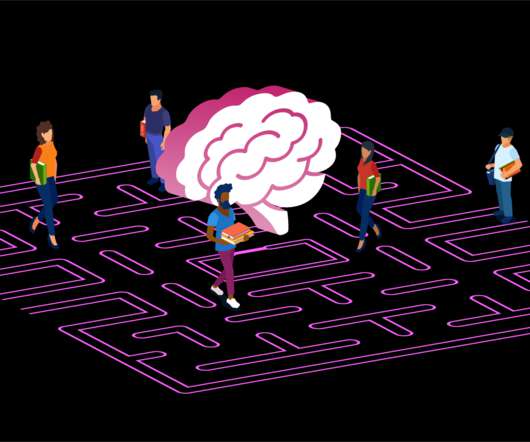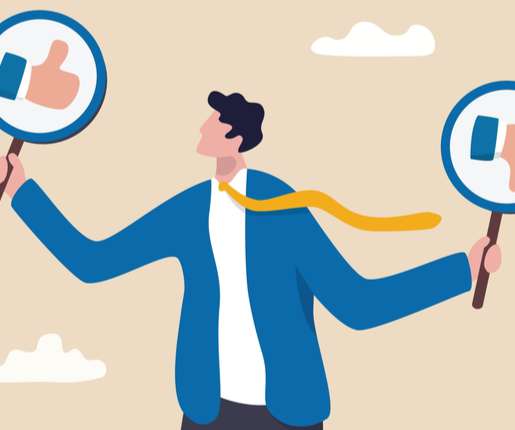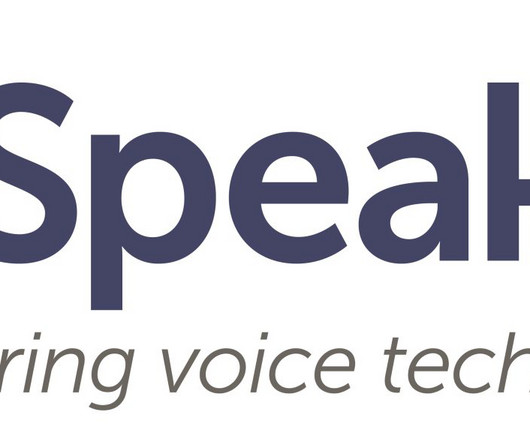Ending the Vicious Cycle – Tips for Improving Focus in the Workplace
KnowledgeCity
NOVEMBER 12, 2020
Today’s workforce spends its days multitasking with smartphones in hand, headphones in ears, texting while driving, talking on the phone and checking email. Moreover, it’s a fact that most people are not as efficient at multitasking as they think they are, as evidenced by the number of accidents caused by texting and driving.























Let's personalize your content